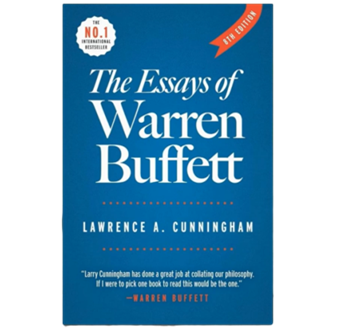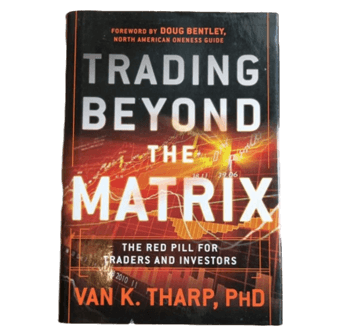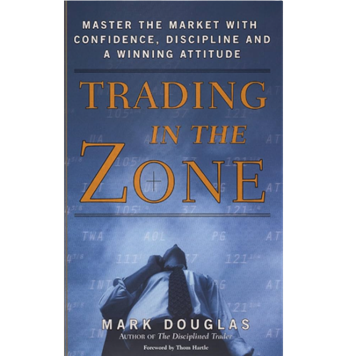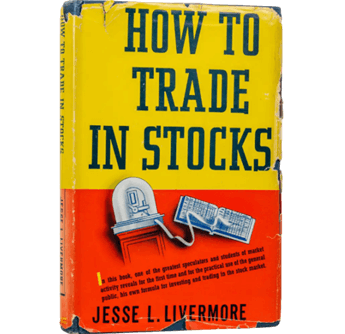
Among the pantheon of modern thinkers and investors, Charles T. Munger stands out not only as Warren Buffett's long-time business partner, but also as a philosopher of decision-making, rationality, and lifelong learning. Poor Charlie's Almanack, compiled and edited by Peter D. Kaufman, distils decades of Munger's lectures, writings, and off-the-cuff wisdom into a single, remarkable volume. Unlike typical investment books, it blends humour, psychology, economics, and moral reasoning to offer practical insight for navigating complexity—both in finance and in life.
Overview & Key Themes of Poor Charlie's Almanack

Published in 2005, Poor Charlie's Almanack is a hybrid of biography, autobiography, intellectual memoir, and practical handbook. Styled in homage to Benjamin Franklin's Poor Richard's Almanack, the book offers more than just Munger's investment strategy—it reveals a life philosophy grounded in curiosity, rational thought, and ethical conduct.
The book is structured around key speeches, particularly those delivered at universities and annual shareholder meetings. These are framed by essays from close associates and Munger himself. Among the recurring themes are:
The importance of lifelong multidisciplinary learning.
The pursuit of worldly wisdom.
Avoidance of human misjudgement.
The value of integrity, patience, and humility.
Despite its nearly 500-page length and hefty format, the book has become a cult classic among investors, business leaders, and curious minds eager to sharpen their thinking.
The Latticework of Mental Models
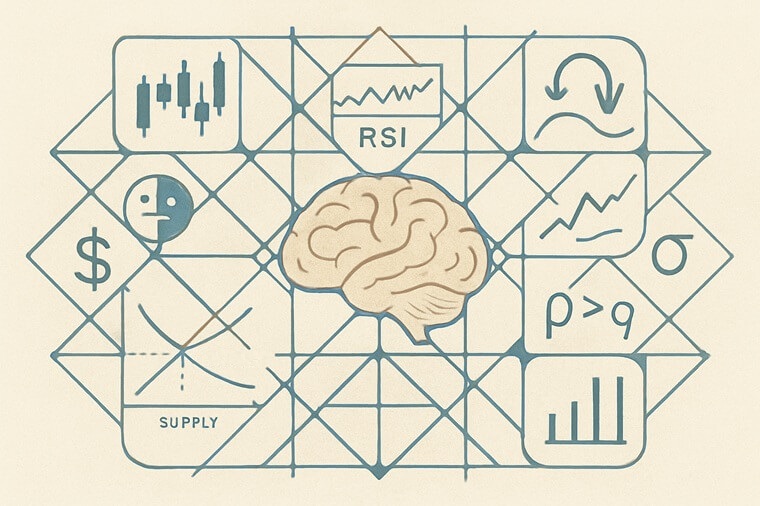
One of Munger's most influential concepts—and frequently searched online—is the idea of building a "latticework of mental models." At the core of this philosophy is the belief that no single discipline offers all the answers. Instead, sound decision-making emerges when one integrates insights from multiple domains: economics, physics, biology, psychology, mathematics, and more.
"What you need is a latticework of mental models in your head. And with that system, things gradually fit together in a way that enhances cognition." – Charles T. Munger
He advocates learning the big, enduring ideas from each discipline—those that have stood the test of time. For example:
Supply and demand from economics.
Regression to the mean from statistics.
Critical mass and feedback loops from physics.
Pavlovian conditioning and social proof from psychology.
For traders, entrepreneurs, or students, these models are intellectual tools—frameworks for viewing problems from different angles and avoiding the trap of narrow thinking. Munger's approach fosters mental flexibility and pattern recognition, both essential for navigating uncertain environments.
The Psychology of Human Misjudgement
Arguably one of the most popular sections of the book—often referenced in blog posts and articles—is Munger's landmark talk on the psychology of human misjudgement. In it, he outlines 25 cognitive biases that lead people astray, from professional analysts to ordinary individuals.
Some of the most notable include:
Incentive-caused bias – "Show me the incentive and I'll show you the outcome."
Liking/loving tendency – The distortion of judgement by affection.
Social proof – Following the crowd, even when wrong.
Commitment and consistency bias – Clinging to past decisions despite new evidence.
The Lollapalooza Effect – When several biases combine, they cause extreme outcomes (e.g., bubbles and panics).
Munger's insight is that awareness of these biases is not enough; one must also build systems to counteract them—through critical thinking, feedback loops, and mental discipline. This framework has become a central topic of interest for behavioural economists and business thinkers alike.
Investment Wisdom: Rationality, Patience & Value
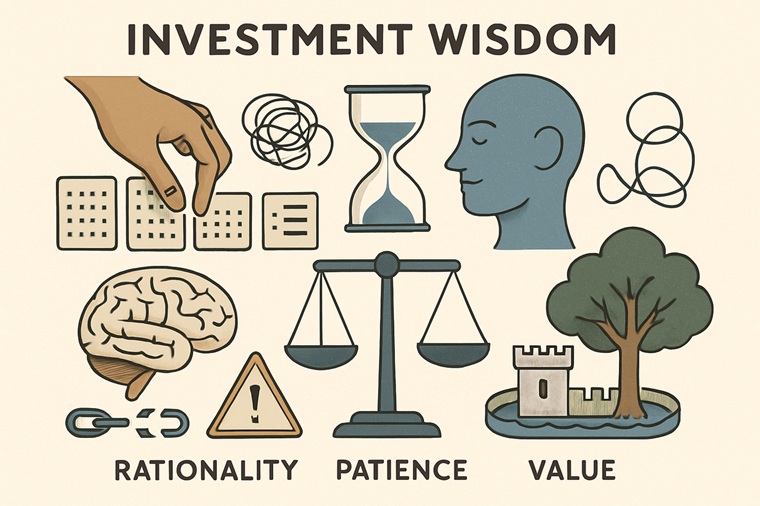
Though not a traditional investment manual, Poor Charlie's Almanack offers rich insight into Munger's investment philosophy, which closely aligns with Buffett's but places greater emphasis on psychology and rational behaviour.
Key principles include:
Only invest when the odds are strongly in your favour—a concept known as the "Punch Card Rule".
Avoid overtrading and resist the illusion of action.
Focus on high-quality businesses with durable moats, not just cheap valuations.
Wait patiently for the right opportunity, then act decisively.
Don't borrow money to invest—debt amplifies risk unnecessarily.
Munger also warns against over-reliance on complex models or industry fads, noting that simplicity, clarity, and discipline beat complexity and cleverness in the long run. As he once quipped: "It's not supposed to be easy. Anyone who finds it easy is stupid."
Checklists & Practical Decision Frameworks
Another frequently searched concept in Munger's repertoire is his use of checklists—a simple yet effective tool to combat bias and error. Inspired by disciplines like aviation and medicine, Munger applies checklists to investment decisions, business evaluations, and ethical considerations.
One such process is his two-track analysis:
First Track – Examine the rational facts: numbers, business models, management, pricing.
Second Track – Check for irrational forces: incentives, hidden biases, social pressure.
Munger also encourages asking inversion questions:
"Instead of asking, 'How can I succeed?', ask 'How could I fail?' Then avoid those things."
These frameworks help individuals and organisations systematically reduce mistakes, a theme which has resonated widely with CEOs, portfolio managers, and decision-makers.
Life Lessons & Ethical Wisdom
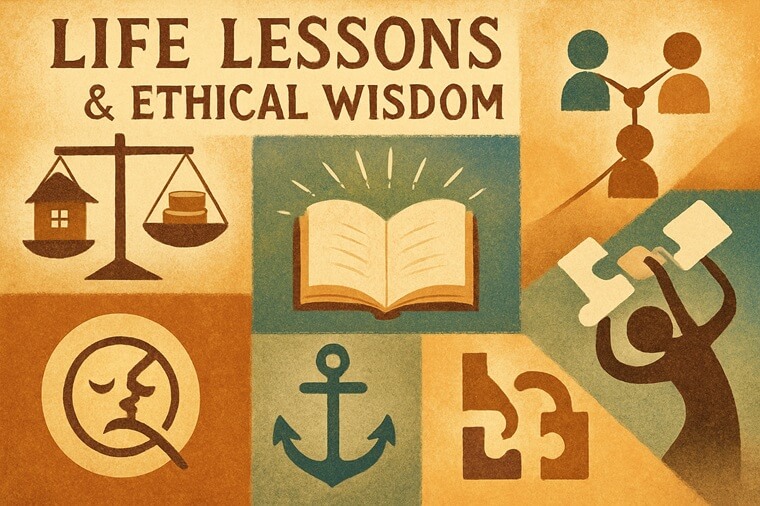
Beyond investing and mental models, Munger is widely admired for his ethical clarity and life philosophy, topics that often surface in interviews and graduation speeches included in the book.
Core life lessons include:
Live below your means and be financially independent.
Associate with people better than yourself—you'll rise to their level.
Cultivate lifelong learning—read constantly, think critically, question deeply.
Avoid envy, resentment, and self-pity—they are "foolish emotions."
Be reliable—it's a rare and undervalued trait.
Practice inversion—solve problems by thinking backward.
Munger's ability to blend practical realism with philosophical depth is what gives the book its lasting value. His advice isn't about shortcuts or secrets; it's about living a deliberate, rational, and honourable life—in business and beyond.
Final Thoughts: Why Munger's Almanack Endures
Poor Charlie's Almanack isn't just a book—it's a toolkit for thinking better. In an age of noise, hype, and information overload, Munger's insistence on clarity, simplicity, and moral integrity feels both rare and refreshing. The mental models, the checklist approach, and the piercing critiques of human folly continue to shape thinkers across disciplines.
Whether you're a trader, a founder, a student, or simply someone aiming to make fewer mistakes and better decisions, the Almanack is more than worth your time—it's a book you return to again and again.
Disclaimer: This material is for general information purposes only and is not intended as (and should not be considered to be) financial, investment or other advice on which reliance should be placed. No opinion given in the material constitutes a recommendation by EBC or the author that any particular investment, security, transaction or investment strategy is suitable for any specific person.













